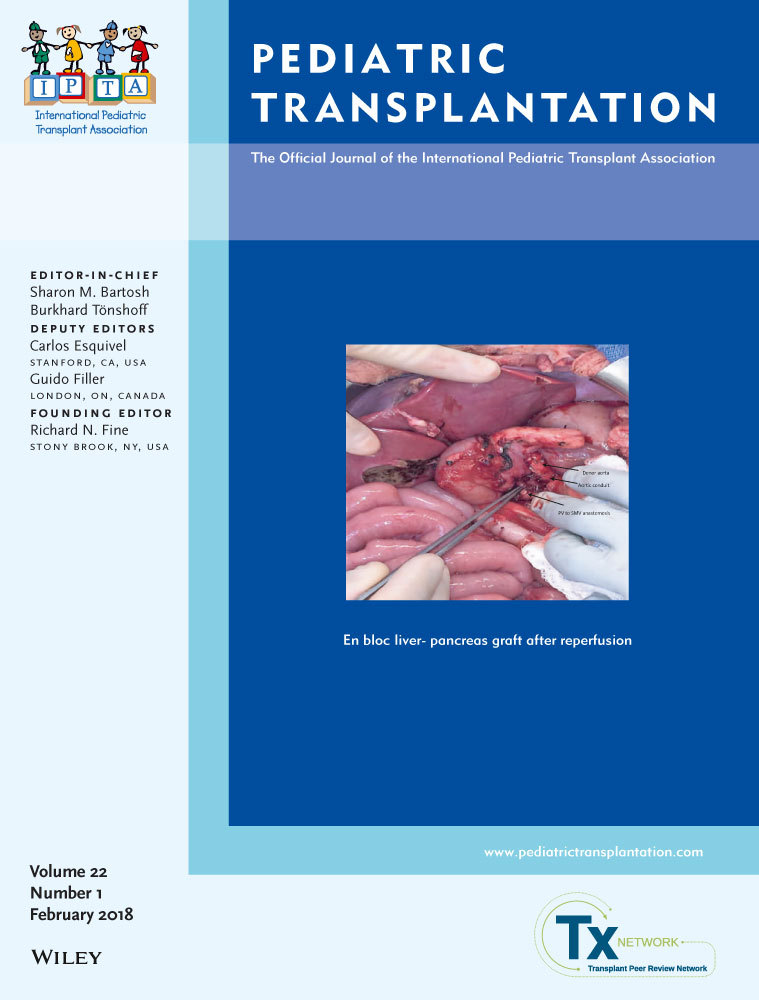Everolimus-associated perianal ulcers in an eight-month-old heart transplant recipient
Abstract
mTOR inhibitors have a wide spectrum of therapeutic applications in adults and children. Little is known, however, about serious adverse effects in children undergoing mTOR inhibitor therapy. Oral ulcers are common and sometimes severe, but no other gastrointestinal involvement has been reported so far. Here we present a case of everolimus-associated perianal ulcers in an eight-month-old infant, 3 months after heart transplantation, which necessitated the drug's discontinuation. In a thorough series of diagnostic tests, we identified no other cause for the progressive perianal ulceration. The recognition and appropriate management of mTOR inhibitors' adverse effects in pediatric patients are essential and remain challenging.




